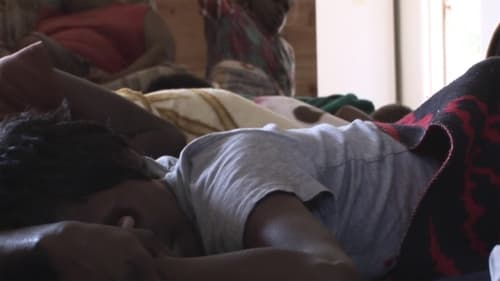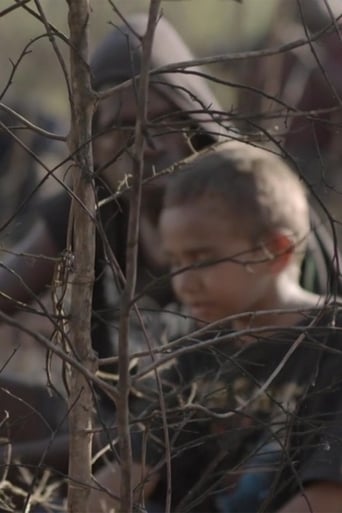When the Dogs Talked
As a group of Indigenous adults argue about whether to save their government housing or their sacred landscape, their children struggle to decide how the ancestral Dreaming makes sense in their contemporary lives. Listening to music on their ipods, walking though bush lands, and boating across seas, they follow their parents on a journey to reenact the travel of the Dog Dreaming. Along the way individuals run out of stamina and boats out of gas, and the children press their parents and each other about why these stories matter and how they make sense in the context of Western understandings of evolution, the soundscapes of hip hop, and the technologies of land development. "When the Dogs Talked" mixes documentary and fiction to produce a thoughtful yet humorous drama about the everyday obstacles of structural and racialized poverty and the dissonance of cultural narratives and social forms. —Elizabeth A. Povinelli As a group of Indigenous adults argue about whether to save their government housing or their sacred landscape, their children struggle to decide how the ancestral Dreaming makes sense in their contemporary lives. Listening to music on their ipods, walking though bush lands, and boating across seas, they follow their parents on a journey to reenact the travel of the Dog Dreaming. Along the way individuals run out of stamina and boats out of gas, and the children press their parents and each other about why these stories matter and how they make sense in the context of Western understandings of evolution, the soundscapes of hip hop, and the technologies of land development. "When the Dogs Talked" mixes documentary and fiction to produce a thoughtful yet humorous drama about the everyday obstacles of structural and racialized poverty and the dissonance of cultural narratives and social forms. —Elizabeth A. Povinelli As a group of Indigenous adults argue about whether to save their government housing or their sacred landscape, their children struggle to decide how the ancestral Dreaming makes sense in their contemporary lives. Listening to music on their ipods, walking though bush lands, and boating across seas, they follow their parents on a journey to reenact the travel of the Dog Dreaming. Along the way individuals run out of stamina and boats out of gas, and the children press their parents and each other about why these stories matter and how they make sense in the context of Western understandings of evolution, the soundscapes of hip hop, and the technologies of land development. "When the Dogs Talked" mixes documentary and fiction to produce a thoughtful yet humorous drama about the everyday obstacles of structural and racialized poverty and the dissonance of cultural narratives and social forms. —Elizabeth A. Povinelli As a group of Indigenous adults argue about whether to save their government housing or their sacred landscape, their children struggle to decide how the ancestral Dreaming makes sense in their contemporary lives. Listening to music on their ipods, walking though bush lands, and boating across seas, they follow their parents on a journey to reenact the travel of the Dog Dreaming. Along the way individuals run out of stamina and boats out of gas, and the children press their parents and each other about why these stories matter and how they make sense in the context of Western understandings of evolution, the soundscapes of hip hop, and the technologies of land development. "When the Dogs Talked" mixes documentary and fiction to produce a thoughtful yet humorous drama about the everyday obstacles of structural and racialized poverty and the dissonance of cultural narratives and social forms. —Elizabeth A. Povinelli



 AD
AD